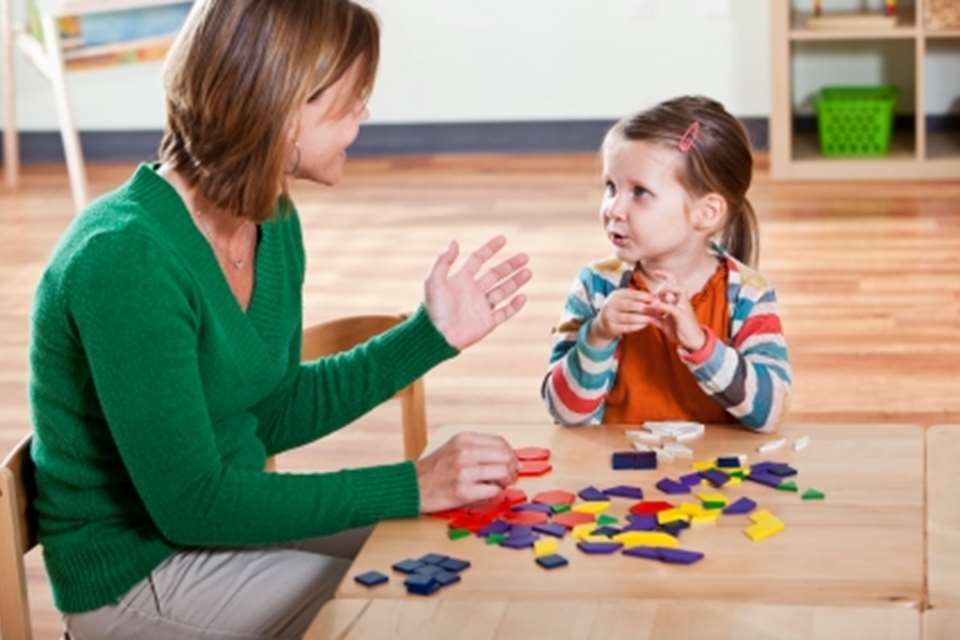Assessment - All about the school
Natalie Perera, executive director and head of research, Education Policy Institute
Monday, April 17, 2017
Assessment should be about making sure schools are doing their job properly, says Natalie Perera

Last week, the Department for Education published its long-awaited consultation on primary assessment. For well over a year, the sector has expressed concerns about the extent to which the current assessment arrangements are a valid tool for making judgements about pupils’ and schools’ performance. To the DfE’s credit, it has acknowledged these, and the consultation comes relatively early on in Justine Greening’s tenure – indicating that this is a priority.
The main challenge is securing a reliable starting point for measuring progress in primary school; the consultation proposes moving this from the end of year 2 to early in Reception. The ability to measure progress is a fundamental feature of the school accountability system and, given that accountability is high-stakes in this country, it’s crucial the DfE gets this right. This won’t be an easy task. The potential for measurement errors is particularly great when assessing young children, and outcomes are highly dependent on the specific assessment: last year, the DfE abandoned plans to allow schools to choose from a range of baseline assessments offered by different suppliers due to a lack of comparability. With teacher assessment, there is also a risk that schools will be incentivised to underestimate pupils’ attainment at the baseline stage in order to show a greater level of progress by end of Key Stage 2.
Assessment of very young children remains controversial for other reasons. The perception among many parents is that assessment in a formal way is unnecessary and disrupts the joy of childhood and early learning. While the aim is to identify children who might need additional support, as well as to hold schools to account for the progress made by pupils across the attainment range, this hasn’t always been well-communicated to parents. And schools need to play their part too. I’ve heard countless anecdotes about Year 6 children having to stay behind at school to practise for their Key Stage 2 tests, and head teachers advising parents not to go on holiday over the Easter break.
While these behaviours are unlikely to happen in any Reception class, parents cannot be blamed for wondering whether it’s only a matter of time. Both schools and the DfE need to be clearer about the purpose of early assessment – it’s about ensuring that schools, not four-year-olds, are doing their job properly.






